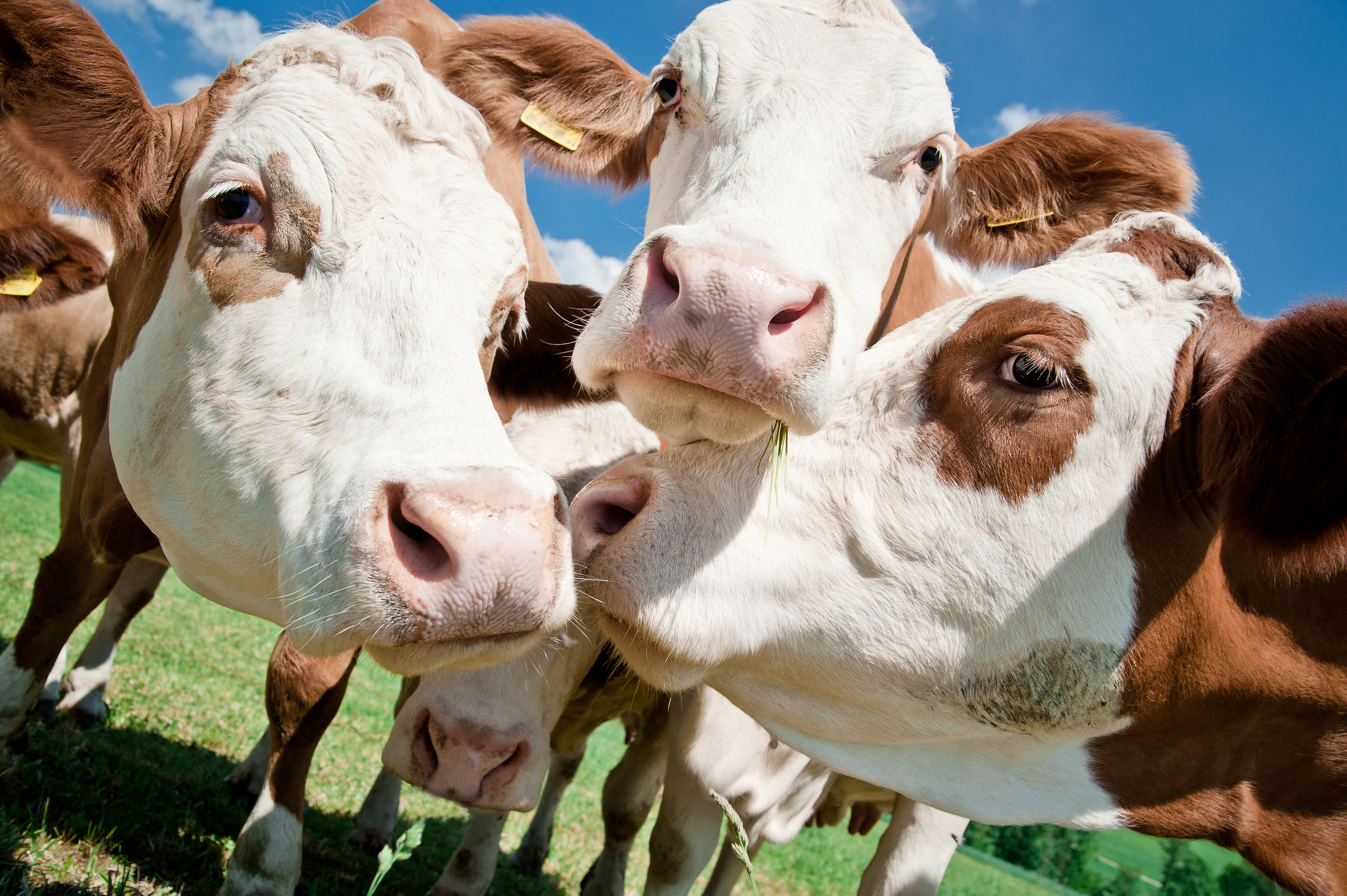8 Common French expressions used in everyday conversation
Posted by Josh on 2nd Feb 2023 in the blog in the category
An expression is a group of words which, when used together in a particular way, have a particular meaning. Think of phrases such as ‘so far so good’ or ‘the pleasure is mine’ In English, for instance: these are examples of expressions, and ones which you’re likely to encounter in everyday conversation. Expressions are more common than you might think. Even if you know every word in the French language, unless you make yourself familiar with the most common expressions, you’re likely to struggle in a French conversation.
If you really want to blend in with French speakers, sound fluent and impress your interlocutors, using any and all of these ten common French expressions will elevate your French to the next level.
1. Donner un coup de main
Meaning: to give a helping hand
A particularly useful expression for French learners, you could use this when you can’t think of the right word, or are struggling to form a sentence. Just remember to conjugate it. So, if you are asking for help, you would say 'Donnez-moi un coup de main, s’il vous plaît'. It literally means 'to give a knock of the hand', but don’t worry, it’s a common enough turn of phrase that people will know not to hit you!
2. ...et patati et patata
Meaning: and so on
There are a few ways of translating this one into English, most of them a bit informal. 'Bla bla bla' or 'yada yada yada' are probably the most approximate translations. You would use it to convey the sense that someone is ‘going on a bit’ (to use an English expression) — talking too much, or listing things unnecessarily. Think ‘et cetera’ but with an added sense of redundancy.The difference between this expression and its English equivalents is that 'et patati et patata' is onomatopoeic. This means that the sound of the words is intended to mimic the sound of something in real life, in this case the galloping of a horse. Both words are related to the word ‘patatin’, which means something like ‘giddyup’ — yet another, albeit less common, expression.
3. En avoir ras-le-bol
Meaning: to have had enough
This expression literally means ‘to have a full bowl’. It’s similar to the English expression ‘to have one’s plate full’, but in this circumstance it means something more like ‘to have had enough’. Hopefully you won’t need to use this expression too much, but it’s a handy one to know when you’re feeling a little grumpy and fed up (to use just another food-related expression). To conjugate this in the first person present tense, you would say 'J'en ai ras-le-bol'.
4. Tu m'étonnes
Meaning: tell me something I don't know
This is a good one to know, as it’s much easier to say in French than in English. It’s an expression you’ll hear — and be able to use — a lot, since it’s applicable to any situation where you’re receiving information you already have. Depending on the context, it can come across as a little rude, so you're best saving this for the more obvious statements, like ‘it’s a hot day’, or ‘Alexa’s Complete French Course is the best French course around’.
5. Revenons à nos moutons
Meaning: let's get back to the topic at hand
This literally means ‘let’s return to our sheep’, but you don’t have to be a shepherd to use it. Conversations have a way of getting out of hand, which can be especially confusing for French learners, so use this nifty little phrase to steer the talk back on track.
6. Avoir la dalle
Meaning: To be very hungry
If you're visiting France, chances are you're going to spend a lot of your time there hungry (in a good way!). It's inevitable when you're surrounded by boulangeries, patisseries and bistros, so saying to your friend or partner or local guide that 'j'ai la dalle' (literally, 'I have the gullet') is a good way to signal that you'd like to stop for a slice of tarte.
7. Parler comme une vache espagnole
Meaning: To speak a language badly
Hopefully, the more you speak French, the less you'll need to use this silly expression. It's a good way to apologise for your speaking skills if you aren't quite fluent, although if you know this phrase then you'll know something that most French learners don't!
It literally means 'to speak like a Spanish cow', which is almost always going to be a bit of an exaggeration. As far as we're aware, Spanish cows aren't so great at Spanish either!
8. Je n’en crois pas mes yeux !
Meaning: I can't believe my eyes!
So this might not be an expression you'll use every day, unless you're easily impressed, or astonished things keep happening around you. Since it means 'I can't believe my eyes', it makes the most sense in the context of things you can see that you find surprising, but as an exclamation you can use it in quite a number of different scenarios.
Check out some of our other blog posts!
Learn French with Lupin
Posted on by Nancy in the misc., french media categoryLet's take a look at some of the French slang that we have found in the popular French series: Lupin!
Read moreMoving to France
Posted on by Bénédicte in the french culture categoryThe ideal way to discover a country and its culture is to live with its people.
Read moreHave fun learning French Today
People from all over the world enjoy learning French with Alexa Polidoro’s popular French audio and video lessons.






